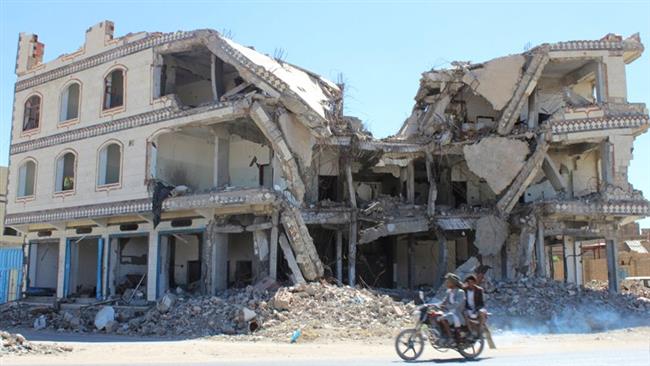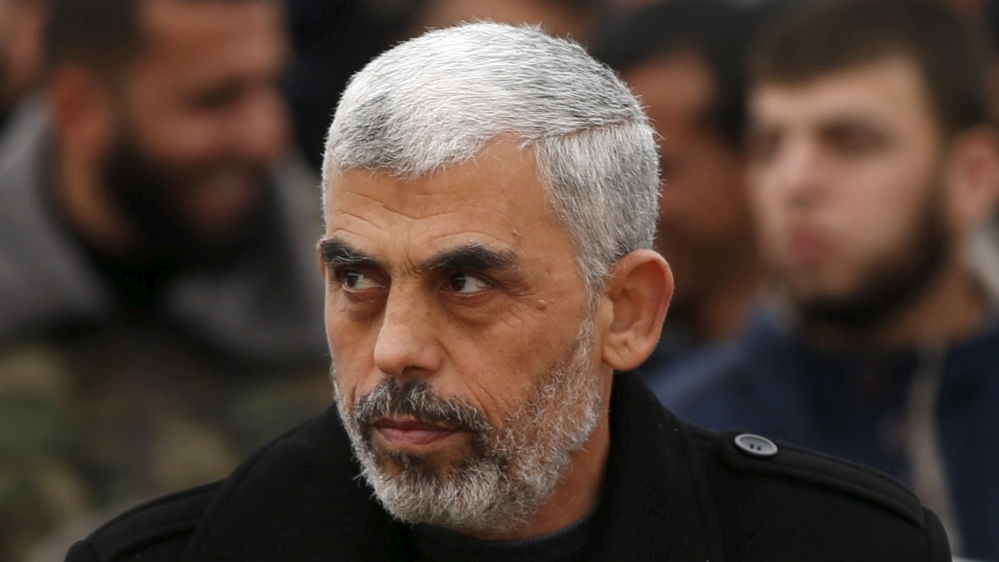Palestinian hunger strike leader to stop drinking water: Committee


Marwan Barghouti, the leader of a mass hunger strike by Palestinian prisoners in Israeli jails, is set to stop drinking water in protest against Tel Aviv’s refusal to heed the inmates’ calls.
In a statement released on Tuesday, the Palestinian Committee of Prisoners’ Affairs quoted Barghouti’s lawyer Khader Shqeirat as saying that Barghouti’s decision to refuse water would be “a new turning point in the ongoing open-ended hunger strike,” dubbed the Freedom and Dignity Strike.
Since April 17, more than 1,600 Palestinian prisoners have gone on hunger strike to demand appropriate medical care and treatment in Israeli jails as well as the right to pursue higher education. They are also calling for an end to the denial of family visits, solitary confinement and the so-called administrative detention, which is a form of imprisonment without trial or charge.
The Israeli regime has adopted “a criminal stance regarding the just demands of prisoners” and led them to take a “tragic and disastrous road,” the statement said.
It further noted that Barghouti, the jailed leader of the Palestinian Fatah movement, urges Israel to meet all demands of the hunger-striking inmates without bargaining or making compromises.

Separately, the media committee established to support the strike warned in a statement that the Palestinian prisoners who are refusing food have “entered a critical health condition,” with symptoms such as chronic vomiting, vision impairment, fainting and an average weight loss of 20 kilograms.
“In spite of this, (hunger strikers) sent many messages confirming that they will continue the strike until their demands are achieved,” the statement read.
It also raised concerns about the field clinics set up by Israel to avoid transferring the prisoners to civilian hospitals, saying the clinics are unfit to provide medical care and just pressure the detainees into breaking their strikes.
“In these clinics, the role of doctors resembles the role of jailers who offer all kinds of food to the sick detainees and bargain [with] them to provide medical treatment in return for ending the strike,” the statement added.
Dozens of the hunger-striking Palestinian prisoners are said to be transferred to hospitals, one of them for internal bleeding.
Read more:
On Wednesday, human rights activists and relatives of the hunger strikers shut down the UN office in the West Bank city of Ramallah to denounce the world body’s silence on the protest action.
Some 6,500 Palestinians are currently being held in Israeli jails, 536 of them arbitrarily, according to figures provided by the Palestinian prisoners’ rights group Addameer in January.
Palestinian inmates complain that they have been subjected to assault and torture at Israeli prisons.




